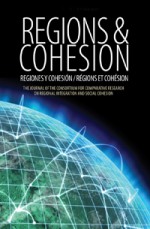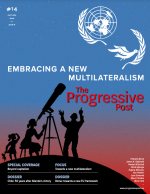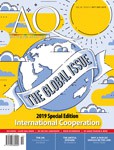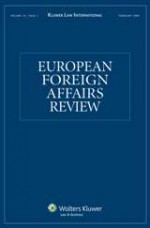Regional Formations and Global Governance of Social Policy
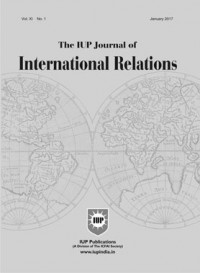
It can be argued that we are witnessing the transition from a single world of states to a multiple world of states and regions. Important actors in this new world order are the world regional organizations and regional arrangements between states that have resulted from regional integration processes. This paper explores how governance has evolved from an essentially state-led pre-occupation into a complex phenomenon that involves many other actors and that is characterized by inter-linkages between different (geographical) levels of policymaking. This paper discusses three main varieties of regional integration that currently exist. First, there is the regional integration by removing economic obstacles, a process that has resulted in a multitude of regional trade arrangements across the world. Secondly, there is the regional integration by building institutions and regulations that often go beyond economic and trade policies and that can be described as a 'pooling' of sovereignty at a transnational level. Thirdly, there is regional integration by building a geopolitical identity and actorness. Here the 'world region' behaves as an actor at the global scene, both through its own 'foreign' policy and through its presence in global institutions. And at last this paper begins the exploration of the consequences of these varieties of regionalism for social policy. It will be argued that regionalism aimed at only creating free trade areas can put severe pressures on existing national social policies of the countries involved. On the other hand the development of a broader and deeper form of regionalism (often referred to as 'new regionalism') can act as a driver towards regional social policies. Moreover, in those rare cases where regionalism involves global actorness, the regional external policy can contribute to the development of global social policies as well.


